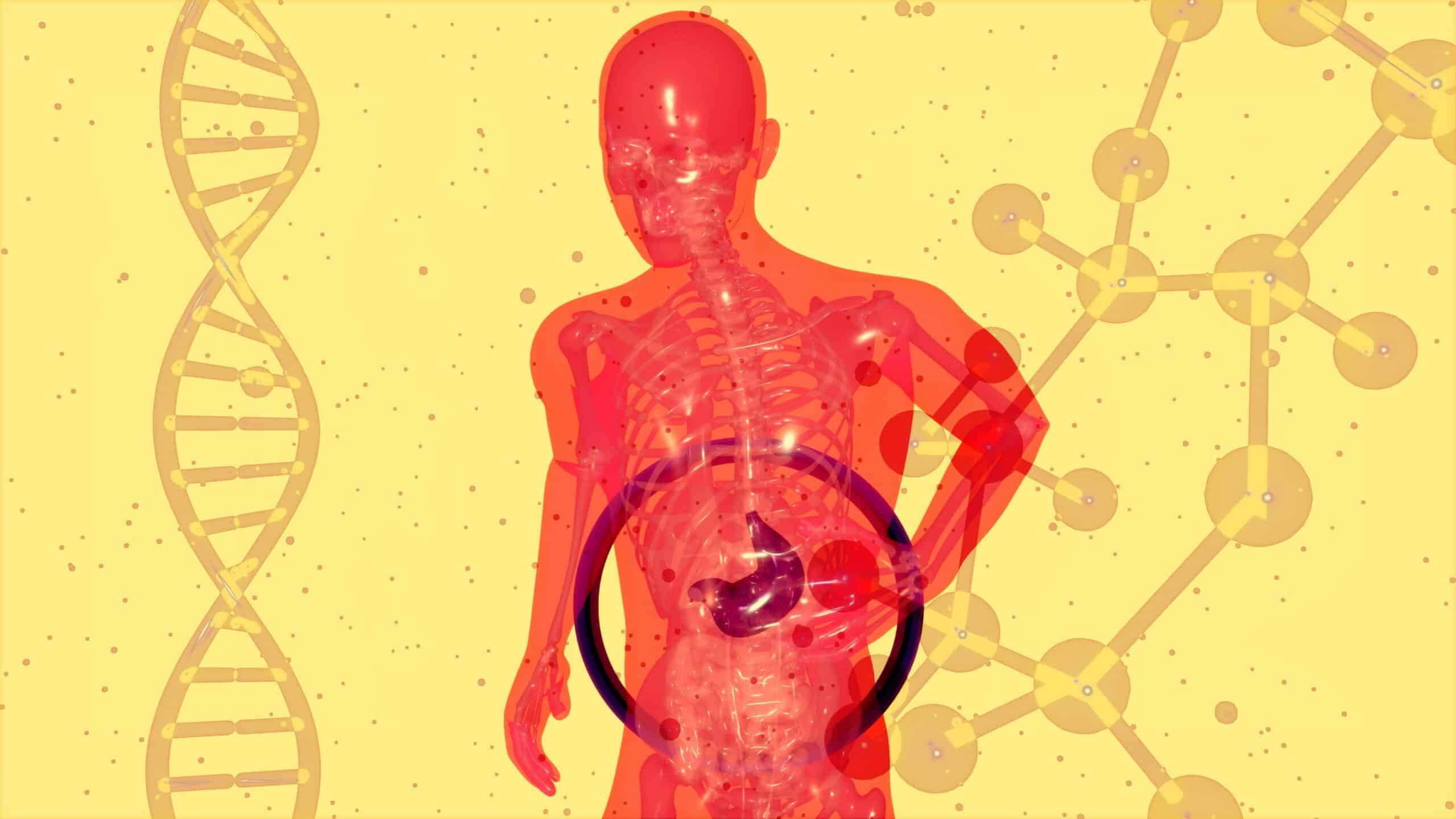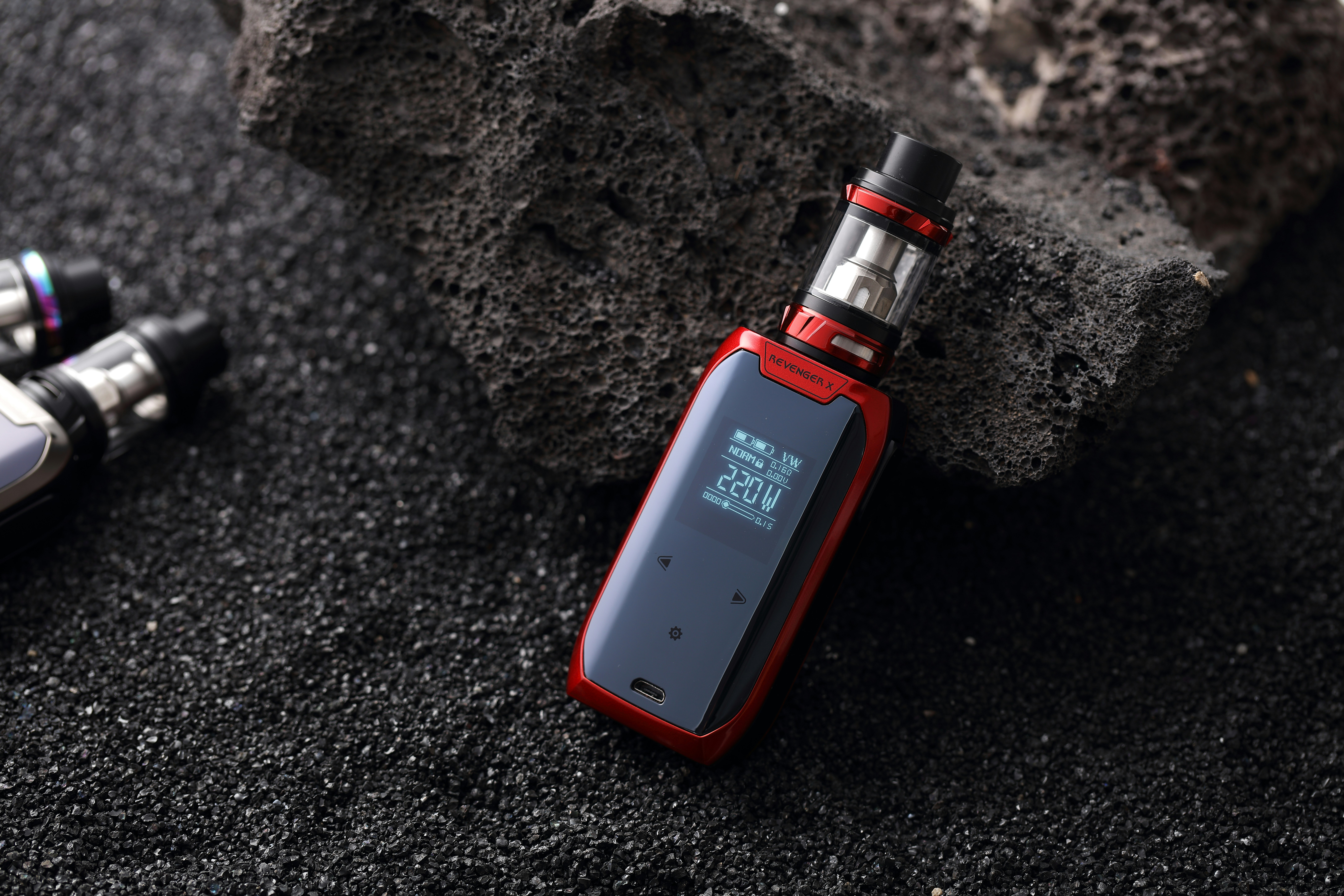What is PCP Addiction?
Addicts who abuse large amounts of PCP will have disorientation, hallucination, delusions and some level of paranoia.
Phencyclidine (PCP) is a hallucinogenic drug illegally sold as a tablet, capsule or powder. It is snorted, smoked or ingested. Although some say that PCP is a non-addictive substance, a person can develop symptoms of withdrawal when they stop using the drug. PCP affects the mind, organs as well as the central nervous system, which can lead to some uncomfortable and dangerous symptoms of withdrawal.
When smoked, PCP is applied to mint, parsley, oregano or illicit plants such as marijuana. Depending upon dosage and usage, its effects generally last between four and six hours but can linger for up to twenty-four hours. Because it is a hallucinogen, you can develop a PCP addiction. Its addictiveness leads to cravings, compulsive PCP-seeking behavior, and altered realities. Addicts who abuse high amounts of PCP will have disorientation, hallucination, delusions and some level of paranoia. This drug will also interfere with functioning, causing significant distress in relationships, hindering the ability to maintain employment, disrupting education and destroying finances. PCP use can cause lingering damage.
PCP Withdrawal Symptoms
Even in low doses, PCP is extremely dangerous, producing shallow breathing, nausea, blurred vision, numbness, sweating and loss of muscle coordination. Long-term, chronic PCP abuse will create permanent memory loss, speech problems and central nervous system damage.
| Physical Withdrawal Symptoms | Psychological Withdrawal Symptoms |
|
|
Chronic PCP users risk seizure, coma, central nervous system damage and death. A quality medical detox program followed by residential rehab is suggested for PCP addiction.
PCP Detox
PCP intoxication has a negative cognitive impact on the addict. Addicts need stabilization to increase orientation and allow them to move forward with treatment. Inpatient rehab offer a stabilization unit that can address mental health and medical complications produced by chronic PCP use.
Why Choose a PCP Detox Program?
PCP detox is necessary because the body doesn’t know what to do when the drug is absent from the system for an extended period of time. Due to the fact that the body is constantly trying to maintain balance, the absence of PCP causes the nervous system and brain to go into a state of shock. This can lead to a variety of different mental and physical withdrawal symptoms that are often too much for a person to handle.
PCP Addiction Treatment
Once stabilized, the addict should move forward with residential rehab where he or she can learn how to manage a drug-free lifestyle. In PCP rehab, the addict will receive education, individual and group therapy and relapse prevention skills which will assist in the recovery program.
Get PCP Treatment At Lakeview Health
If you are struggling with PCP addiction and need treatment, please call or fill out the form below. A representative that understands what you are going through will assist you to get the help you need.




